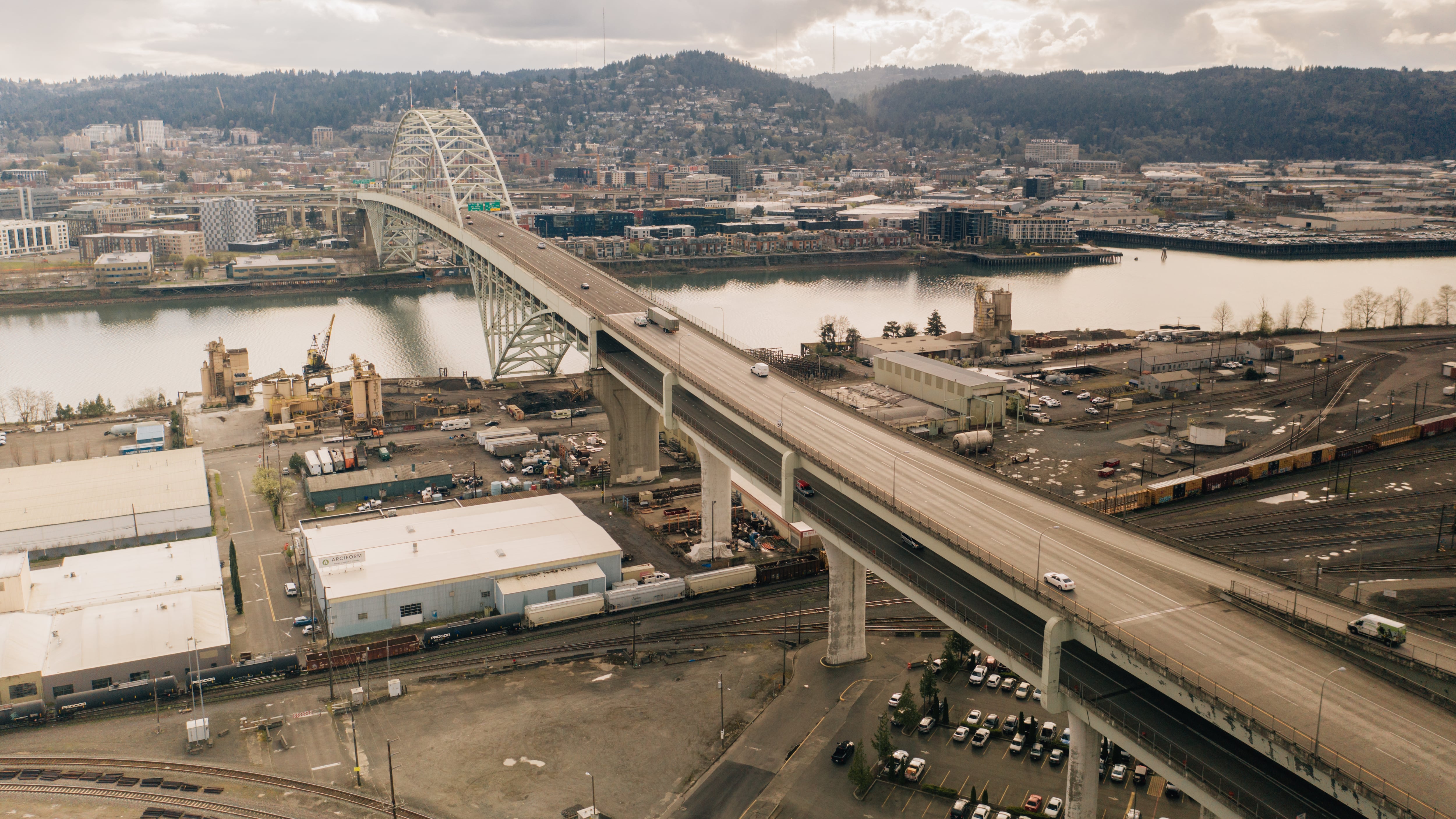Zenith Energy, which operates a crude oil, petroleum products and chemical storage facility in Northwest Portland, has withdrawn a permit application for a controversial pipeline project.
Last October, the city of Portland initially denied Zenith's request to run pipes under Northwest Front Avenue to transport methyl diphenyl isocyanate, a chemical used to make plywood, and other products from a dock on the Willamette River to Zenith's tank farm.
In its rejection, the city's Office of Community Technology, which oversees and taxes utilities that use city right of way, said the project would conflict with a city policy prohibiting the development of new fossil fuel infrastructure and would exceed the city's ability to monitor the project for compliance with that policy.
Zenith disagreed with that decision, saying the new pipes would not carry fossil fuels, and vowed to push forward.
Portland Rejects Permit for Zenith Energy to Expand By Building Three New Pipes
But on May 11, Dirk Kramer, Zenith's Portland project manager, emailed the city's Bureau of Development Services to let the agency know it was withdrawing its permit application for the project, which would have required the completion of a "greenway review." (Front Avenue is classified as a city greenway.) The Portland Tribune first reported on the email.
"Zenith has decided not to move forward with this greenway review proposal and wishes to withdraw our land use review application," Kramer wrote. "We have decided to not pursue the MDI project (including the pipelines to transport MDI through the area subject to greenway review)."
But Kramer said in his email that Zenith still plans to move forward with a separate $24 million upgrade of its terminal at 5501 NW Front Ave., which can store more than 1.5 million barrels of liquids.
"Consistent with the city of Portland's interest in increasing the use of renewable fuels, we are continuing to move the renewables project forward," Kramer wrote. "This includes certain improvements to our terminal site, but no new infrastructure is now proposed within areas subject to greenway review."
As the COVID-19 pandemic has crushed the demand for oil, sending prices sharply lower, the demand for oil storage is strong. Last week, Reuters reported that the private equity firm Warburg Pincus, which owns Zenith, may be looking to sell.
"With the world awash with hydrocarbons, storage facilities have become highly sought-after and Zenith is likely to be the most lucrative asset Warburg Pincus is looking to offload," Reuters reported.
In the meantime, environmental advocates cheered Zenith's permit withdrawal.
"We appreciate the city of Portland holding its ground," says Dan Serres, conservation director for Columbia Riverkeeper, which opposed Zenith's pipeline project. "It's important for the city to use its authority to protect public health and safety."
Zenith and Mayor Ted Wheeler's office did not respond to requests for comment.
